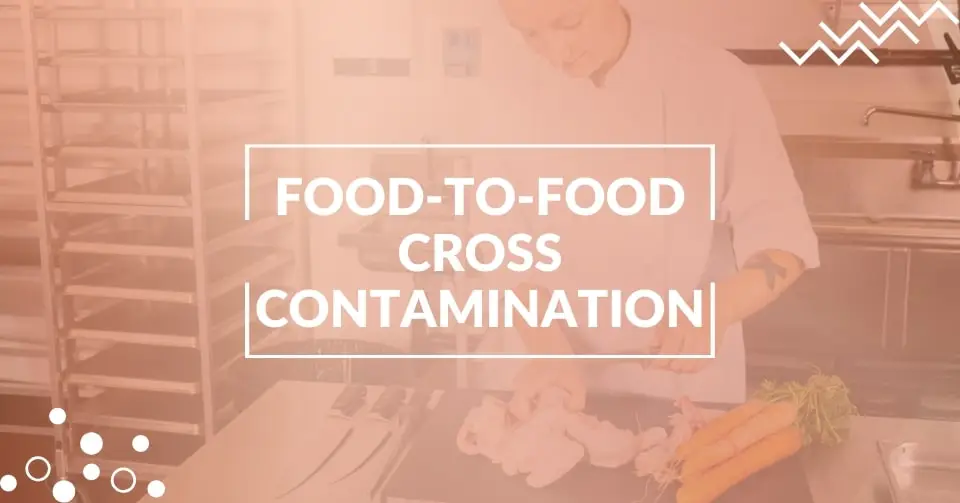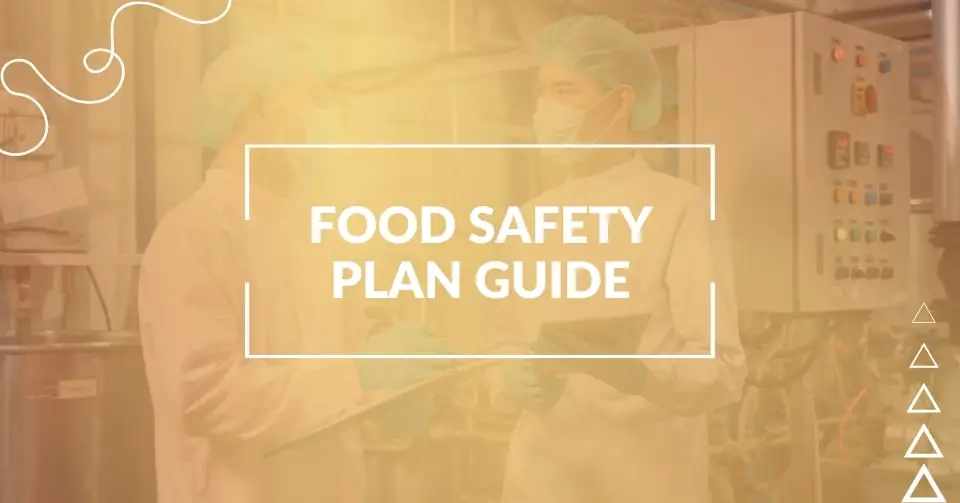The FDA’s Food Safety Modernization Act is changing how food processing companies and food packaging companies do business. What does this mean for your own food food safety process?
The new law will require any business doing food packaging to implement a Hazard Analysis and Risk-Based Preventive Controls (HARPC) system. This system is designed to prevent contamination of foods before it occurs, which will result in fewer recalls and less liability for food producers. HARPC is similar to HACCP (try our software and see our HACCP templates).
The FDA implemented the HARPC rule on December 12, 2017
The FDA’s FSMA mandates that food packaging companies ensure their products are not only safe, but also honest and transparent. To accomplish this, they must use a new kind of labeling—one that clearly displays all information about its ingredients as well as its origins. Businesses will have to verify the safety of their packaging materials.
Food packagers must develop plans to protect against contamination. Food packaging is a critical aspect of the food supply chain. Packaging provides protection from contamination and allows food to be transported, stored and displayed safely. Food packaging also protects consumers by preventing harmful bacteria or chemicals from entering the package during storage and handling.
There are many ways that food packaging can become contaminated with pathogens or other contaminants that can make people sick. Contamination can occur during processing, transportation, storage or handling at any point along the food supply chain.
Food safety consultants say that it is important for processors, distributors and retailers to take steps to prevent these types of contamination from occurring in their facilities. These include:
Labeling
Food packages must be labeled clearly so consumers know what they are buying and how it should be handled. This is especially important today when so many people are affected by food allergies. Any food allergen in a product must be clearly defined on the label. Packaging must not mislead consumers about the food’s ingredients or safety. A product cannot be labeled “organic” unless all ingredients are indeed certified organic. The FDA’s new standardized international symbol for bioengineered foods must be on your packaging if your product contains them.
Sanitation
Facilities should have clean floors, walls and ceilings; surfaces free of dirt and debris; equipment free from dust; no standing water on the floor; adequate ventilation systems; proper lighting; adequate refrigeration; sanitary equipment; properly designed plumbing systems; a well-maintained building exterior including windows, doors and ventilation systems; regular pest control programs; regular cleaning programs including hand washing stations for employees as well as sanitizing implements like mops.
Storage
Packaging must be stored away and protected from potential contaminants like allergens, biologics, and pests.
Recalls
Businesses must implement a food safety recall plan in case there are any problems with their products or packaging. Food traceability with FSMA is a must. This is where foodready.ai comes in. Our software digitizes your supply chain and process making recalls much simpler, efficient and effective. You can easily access specific ingredients, batches and finished product locations that have been named in a recall. We also have a HACCP builder in our software and food safety consultants.
Third-party audits
Food packaging operations will have to be audited by a third-party auditor to ensure that your business meets FSMA requirements. FoodReady can help you pass a third-party audit like SQF, BRC, GMP, GMPc, Costo and others.
Modernize Your Packaging Safety Program
Digitize your packaging-related food safety processes with FoodReady’s software and consulting tools.
Food transportation
The FSMA rules for transporting food apply to all businesses that transport, handle or store foods in any manner that involves a potential for contamination or tampering.
The following are some of the regulations associated with transporting food:
Raw and ready-to-eat foods must be transported separately.
Raw meat and produce must be transported separately from other types of foods
Transport foods at appropriate temperatures (between 41 degrees F and 135 degrees F).
Use clean vehicles and equipment that aren’t contaminated with dirt or other contaminants that could make people sick if they came into contact with them.
Foodready is a food safety software and consulting company. Our software has a HACCP builder, food traceability, you can create your own checklists to manage your HACCP plan or track other items, ingredients, tasks, or events. With our Enterprise program you will have access to food safety quality assurance professionals who can help you with a third-party audit like – GFSI, SQF, GMP, SOP, BRC, CGMP, HACCP Consultant, gap analysis, or prepare for audits like the Costco audit, the Whole Foods audit, Publix audit, Kroger audit, Safeway audit, Meier audit, HEB audit and more.
FAQs
The FSMA emphasizes the need for honesty and transparency in food labeling. This means all ingredients and their origins must be clearly displayed on packaging. It also requires standardized international symbols for bioengineered foods to be included if applicable. This is aimed at providing consumers with clear, comprehensive information about what they are eating, particularly important for those with food allergies or dietary restrictions.
Businesses can prepare for a third-party audit by implementing FSMA’s required practices, such as developing a food safety plan that includes HARPC, ensuring proper labeling and storage of food and packaging, maintaining sanitation standards, and having a recall plan in place. Utilizing food safety software, like FoodReady, can help digitize and manage the supply chain, making it easier to track and access necessary data for audits, thus ensuring compliance with FSMA requirements and standards like SQF, BRC, and GMP.
Yes, FSMA regulations can influence the design of food packaging. Packaging must not only protect food from contamination but also must comply with labeling requirements that promote transparency and safety. This means that packaging designs may need to accommodate new labeling that clearly displays ingredients, allergens, and bioengineered food information. Additionally, materials and designs should ensure that food is kept at safe temperatures and protect against potential contaminants.







